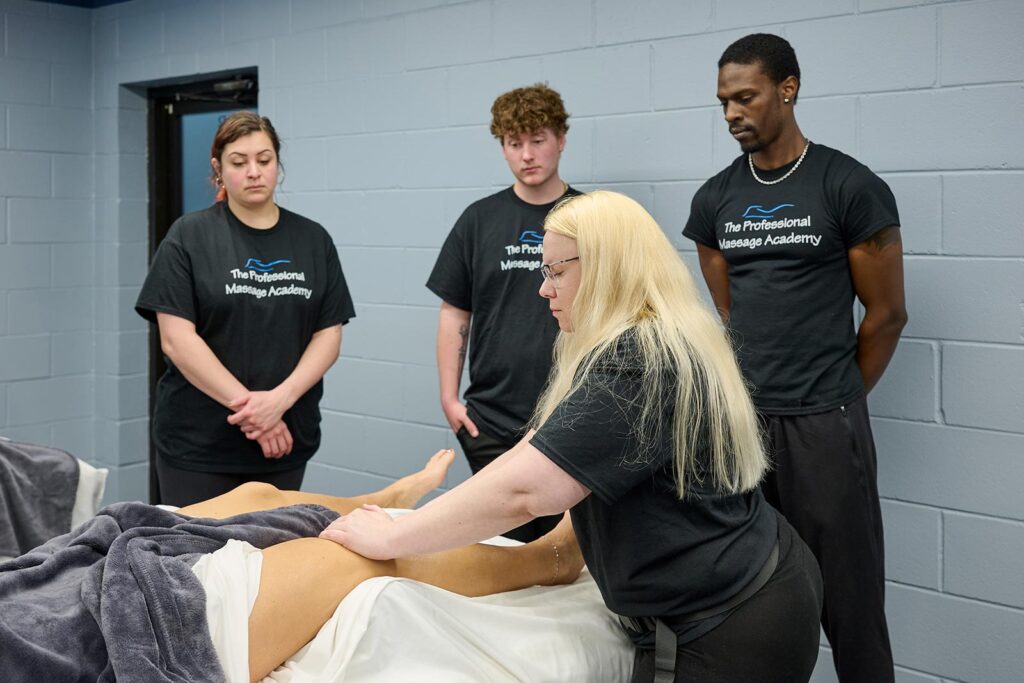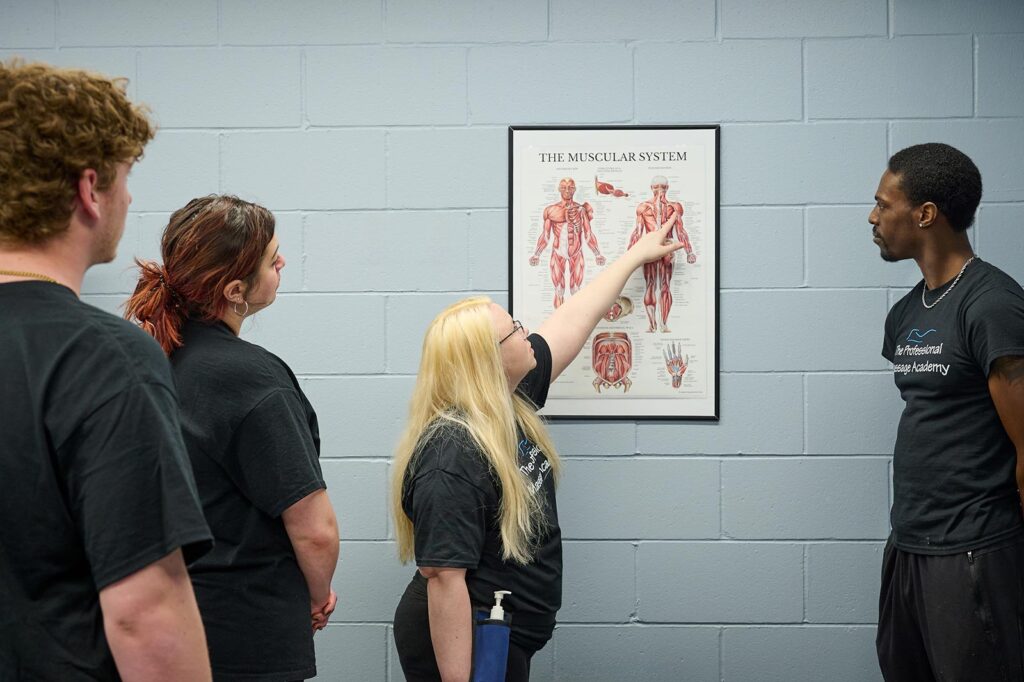Let’s face it, there are some really great massage therapists out there. They are consistently booked with appointments, and even have their regular clients each week. How do they do it? On the other hand, there are some Massage Therapists who are not effective and don’t have the traits needed to succeed in this career. Here are some of the top traits of an effective massage therapist — so you can learn them and be successful!
Good Listener
Everyone wants to feel heard, especially if they are coming in for a particular type of massage or with a particular need in mind. If the client does not feel heard, they likely won’t be happy with their experience and aren’t likely to return. However, if the massage therapist is a good listener and hears what is being said by their client then the session will be successful. It is a good rule of thumb to repeat back to the client what you heard them say for clarification. For example, “I hear you saying you are stressed out and want this session to be very relaxing.”
Gains Rapport Quickly
Rapport is defined as: “a close and harmonious relationship in which the people or groups concerned understand each other’s feelings or ideas and communicate well.” It is very helpful for a massage therapist to have good rapport with their clients, which builds trust. When someone trusts you they know you have their best interests in mind and they will feel there is a therapeutic relationship in place. This will lead to “regular” clients who feel they would only like to see you, their personal massage therapist because of established good rapport.
Acts Professionally
Professional conduct is a MUST for a massage therapist. From the way you behave, to the clothing you choose to wear, to even the way you speak — it is all important. Clients want to feel they are booking with a professional and know they will get quality care and service. A lack of professional behavior is a red flag and is a quick way to lose clients.
Performs Consistently
Consistency is key! Clients like to know what they are signing up for and enjoy being able to know that their massage session is consistent with their expectations and previous experiences. If one session is relaxing and calming, and the next one is frantic and distracted — the lack of consistency may really deter a client and make him or her hesitate to return. This is why it’s important to establish your consistency from appointment to appointment with your environment, how you greet clients, how you begin and end massages, when speaking to the client, and even the smells and sounds during the massage.
Skilled With Massage Techniques
Skilled techniques are important to clients. People often will ask for a particular massage technique such as “effleurage” (a lighter technique with long strokes) or a “sports massage” (a more specific and deeper technique). If clients are used to certain skilled techniques they may even have particular needs or expectations related to the technique such as “more pressure in the neck region” or ask you to be mindful of certain body parts with previous injuries. Knowledge of multiple skilled techniques, proper anatomy training, and experience all lead to a successful session.
Choose The Right Environment
Many times clients will have requests for the environment during their massage. For example, they may need a restful and relaxing massage and therefore the environment should reflect that with relaxing music, aromatherapy and a lack of talking during the session. On the other hand, if someone wants a deep tissue massage or sports massage and would like a combination of stretching and deep pressure there may be a need to check in with the client throughout the massage in order to determine the proper muscle or trigger point location. The massage therapist may need to have a more vocal session in order to determine the needs of the client and adjust the environment based on their specific requests and expectations.



